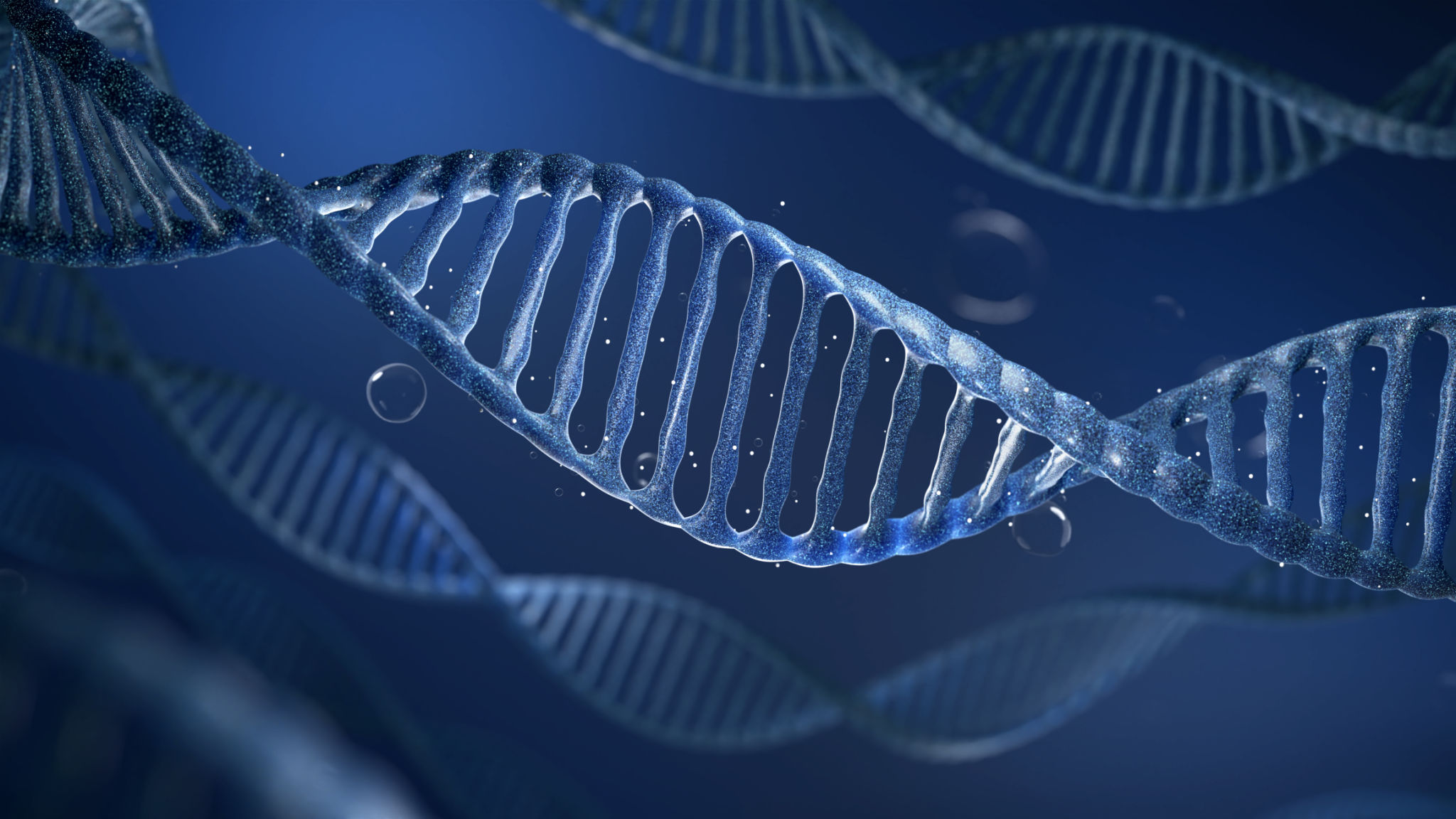Exploring the Impact of Biohacking on Cognitive Function and Longevity
Understanding Biohacking
Biohacking, a term that has gained significant traction in recent years, refers to the practice of making small, incremental changes to one's lifestyle to enhance physical and mental well-being. The ultimate goal of biohacking is to optimize performance, improve cognitive function, and potentially extend longevity. This can encompass various activities, ranging from dietary adjustments and exercise regimens to more experimental approaches like genetic modification and nootropic supplements.
As the interest in biohacking grows, so does the debate over its efficacy and safety. While some enthusiasts claim remarkable benefits, others caution against the potential risks involved. In this blog post, we will explore the impact of biohacking on cognitive function and longevity, examining both the potential benefits and the controversies surrounding this emerging field.

The Science Behind Cognitive Enhancement
One of the primary objectives of biohacking is to enhance cognitive function. This involves improving memory, focus, creativity, and overall brain performance. Techniques commonly used for cognitive enhancement include the consumption of nootropics, which are substances believed to boost brainpower. Popular nootropics include caffeine, L-theanine, and omega-3 fatty acids.
Additionally, practices such as meditation, brain training exercises, and maintaining a healthy diet contribute to better cognitive health. While many biohackers report positive outcomes, scientific research on the long-term effects of nootropics remains limited. Critics argue that more evidence is needed to fully understand their impact and potential side effects.
Diet and Nutrition's Role
Dietary changes are a cornerstone of biohacking strategies aimed at cognitive enhancement. Many biohackers adopt ketogenic or paleo diets, emphasizing the consumption of healthy fats, lean proteins, and low carbohydrates. These diets are believed to support brain health by stabilizing blood sugar levels and reducing inflammation.

Intermittent fasting is another popular approach among biohackers, as it is thought to improve brain function by promoting neuroplasticity and autophagy—a process that helps clear out damaged cells. While promising results have been observed in some studies, further research is needed to validate these claims definitively.
Extending Longevity Through Biohacking
In addition to cognitive enhancement, many biohackers aim to extend their lifespan. This pursuit often involves a combination of lifestyle modifications and experimental therapies. Exercise is a critical component, with regular physical activity being strongly associated with increased longevity and improved quality of life.
Some biohackers also explore advanced techniques such as gene therapy and stem cell treatments. While these methods hold potential for significant breakthroughs in anti-aging science, they also pose ethical and safety concerns that require careful consideration.

Challenges and Ethical Considerations
The rapid advancement of biohacking technologies raises important ethical questions. Issues such as accessibility, inequality in health improvements, and the potential for misuse are at the forefront of discussions. Furthermore, the lack of regulation in some areas of biohacking can lead to unverified claims and potentially harmful practices.
As the field continues to evolve, it is crucial for researchers, policymakers, and practitioners to collaborate on establishing guidelines that ensure safety while allowing for innovation. Public awareness and education about the risks and benefits of biohacking are essential in fostering informed decision-making among individuals interested in this lifestyle.
The Future of Biohacking
The impact of biohacking on cognitive function and longevity remains a topic ripe for exploration. While the potential benefits are intriguing, they must be weighed against possible risks and ethical dilemmas. As scientific research progresses, we may see a clearer understanding of how these practices can be safely integrated into everyday life.
Ultimately, the future of biohacking will depend on a balanced approach that combines scientific rigor with personal experimentation. By staying informed and cautious, individuals can harness the potential of biohacking while minimizing adverse outcomes.
